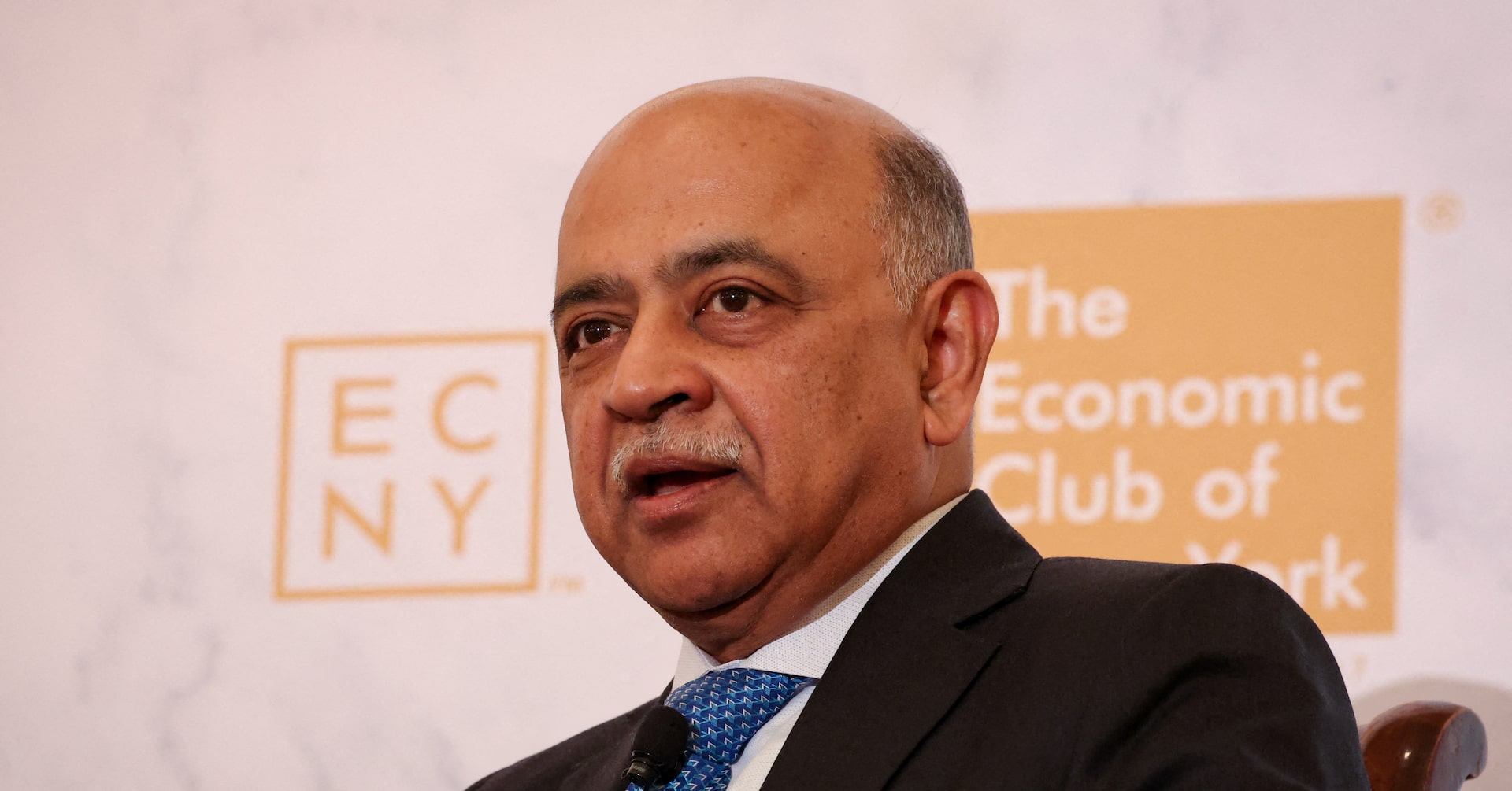
Attempts to regulate artificial intelligence technology have encountered significant resistance as powerful lobbying groups and political interests become deeply involved in shaping upcoming policy. Recent developments indicate that the Trump administration, alongside major industry players, is heavily influencing the course of proposed AI legislation, sparking concerns among lawmakers and public interest groups.
The push for AI regulation comes amid growing concerns that unchecked development in the sector could harm privacy, security, and labor markets. Lawmakers have proposed new rules aimed at enforcing transparency, limiting data use, and requiring companies to implement ethical safeguards in AI systems. However, those efforts are now facing intense pushback from a coalition of tech-industry lobbyists, who argue that strict restrictions could hinder innovation and disadvantage U.S. companies on the global stage.
Sources familiar with the matter say that under the Trump administration, meetings between top officials and tech executives have increased, with regulators appearing more receptive to industry arguments. Former officials and advocacy groups claim these interactions have made it harder for independent experts and civil society voices to influence policy.
Meanwhile, as policy discussions stall, AI companies continue to roll out advanced systems with limited oversight. This has intensified calls from critics who demand stronger guardrails to prevent potential misuse of AI—particularly in surveillance, misinformation, and autonomous technologies.
With the 2024 election year intensifying scrutiny on technology’s role in democracy and public life, the outcome of this regulatory debate could have long-lasting implications for how artificial intelligence develops in the United States. In the meantime, the regulatory vacuum threatens to widen the divide between technological advancement and ethical accountability.
The lobbying clashes unfolding now will likely shape the future of AI policy globally, as other nations look to the U.S. for leadership in balancing innovation with responsibility. Whether these efforts to curb AI will succeed—or be further delayed by political influence—remains to be seen.
Source: https:// – Courtesy of the original publisher.








